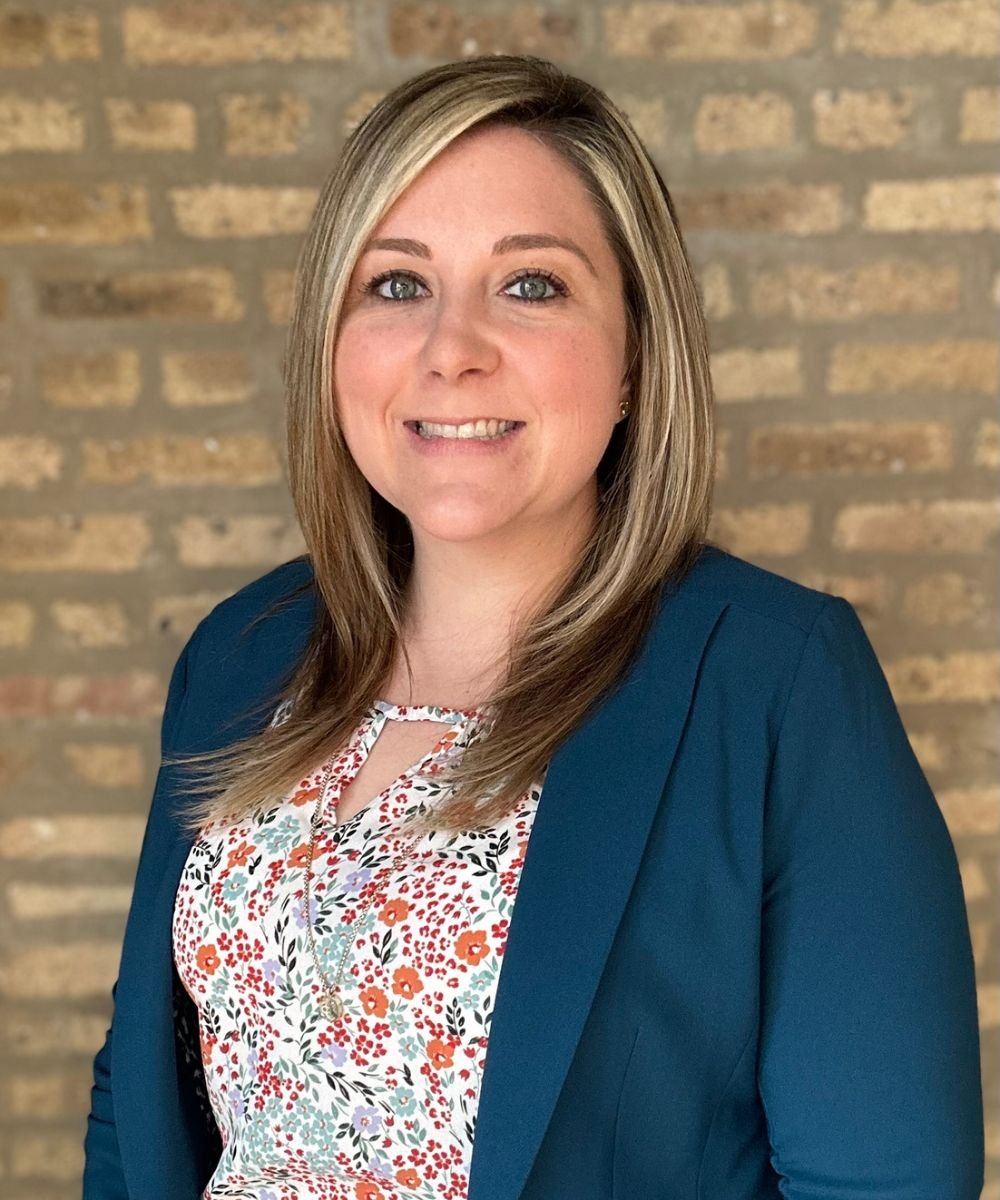
Grief comes in many forms.
Whether you’re confronted with a cancer diagnosis or navigating end-of-life due to a terminal illness, coping with the death of a loved one, or losing an important relationship, role, or facet of life, grief changes you. These experiences shift the way you view the world, the way you feel about yourself, and the way you move forward in life.
In addition to feelings of sadness, anger, and anxiety, you may also be struggling with how to share this diagnosis or loss with children, family, or friends, or feeling guilt and confusion about re-engaging in life. You may feel added frustration as expectations are placed on you to “move on” or “feel better.”
Grief therapy can support you in navigating each step of this journey.
With the right support, you can learn how to navigate difficult conversations with family and loved ones and express your grief in ways that are right for you. As a result, you’ll be able to embrace how these experiences have shaped you, honor and continue your relationship with your loved one, find a renewed sense of purpose, and return to the tasks of daily living with the confidence to navigate loss or change in the future.

Our team is trained in supporting children, adolescents, and adults experiencing grief and loss.
We can help with:
Navigating cancer and terminal diagnoses, including support for caregivers
Communicating diagnoses and treatment plans with loved ones or coworkers
Transitioning back into school or work
Improving sleep and self-care
Handling holidays, grief anniversaries, and other meaningful events
Re-integrating into social life
Processing feelings such as anger, sadness, or anxiety
Creating a new sense of meaning and purpose in life

Our Approach to Grief Therapy
First and foremost, we believe that grief therapy is not just about “moving on.”
It’s about finding ways to understand and work with your grief in ways that are right for you. This process does not follow a set timeline — it is different for everyone.
To support you and/or your family in coping with a life-threatening illness, we will work together to understand your feelings and the challenges you are facing in order to develop a path forward that addresses each one. If you are seeking support after experiencing a death, loss, or transition, your therapist will join you in getting to know the person or situation you’re grieving. By beginning here, we can support you from a place of understanding about your unique relationships and experiences.
From there, we’ll support you in processing challenging emotions such as sadness, anger, and loneliness, reconnecting to your support systems, and attending to daily tasks. We will help you develop coping skills for anniversary dates and other potential triggers for grief reactions, as well as make sense of the changes you are facing as a result of the loss while honoring and continuing your feelings of connection with your loved one. But most importantly, we will help you explore who you are now as a result of your loss experiences and what you want your future to look like.
Clinicians Specializing in Grief Therapy
Every grief therapist at Bridgepoint has attained or is pursuing Certification in Thanatology from the Association of Death Education and Counseling, the gold standard for training in grief, loss, and end of life. Each therapist is also supervised by Dr. Brittany Trauthwein, Fellow in Thanatology, to ensure you are receiving the best support possible.
Click a photo to learn more about each therapist.

Grief Consultation & Training
In addition to therapy, Bridgepoint Psychology Center also offers clinical consultation and customized trainings related to grief, loss, and end of life. Learn more about Bridgepoint’s Wellness Program.








